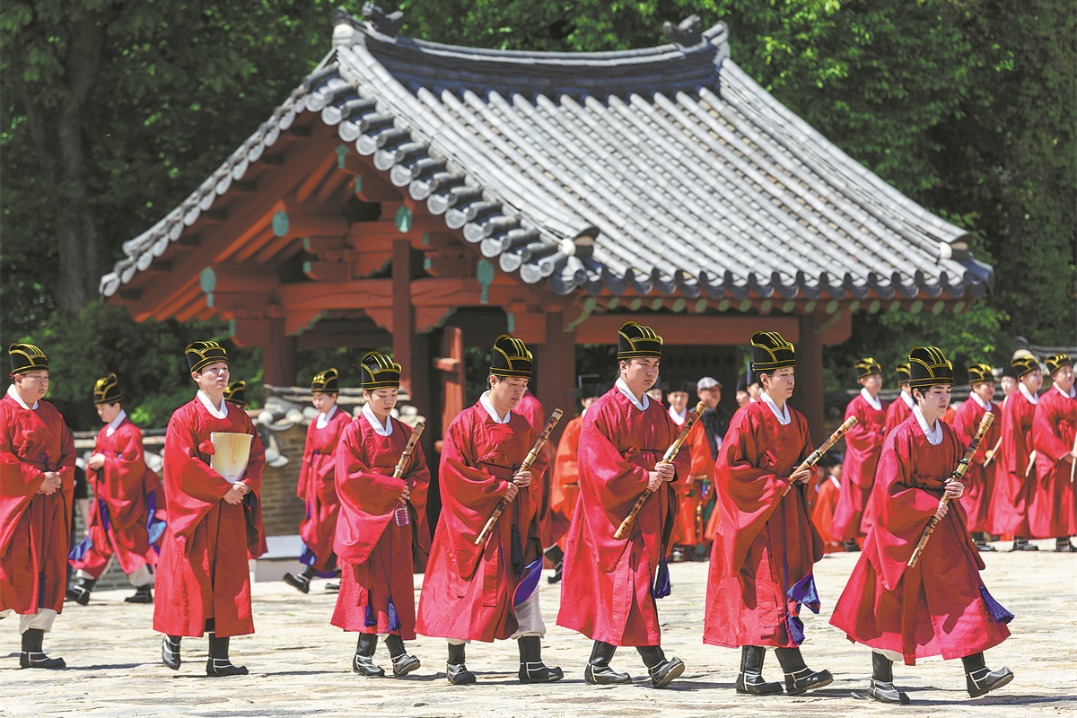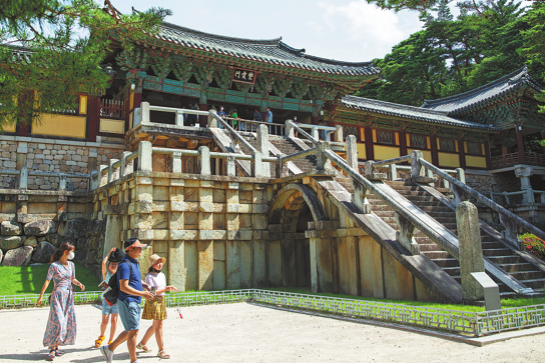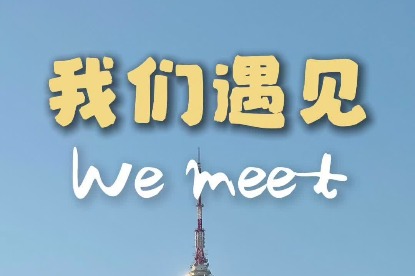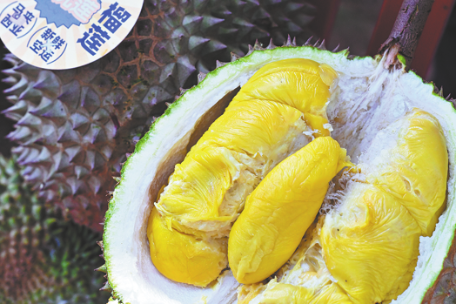Genuine human connections foster friendship between China, South Korea

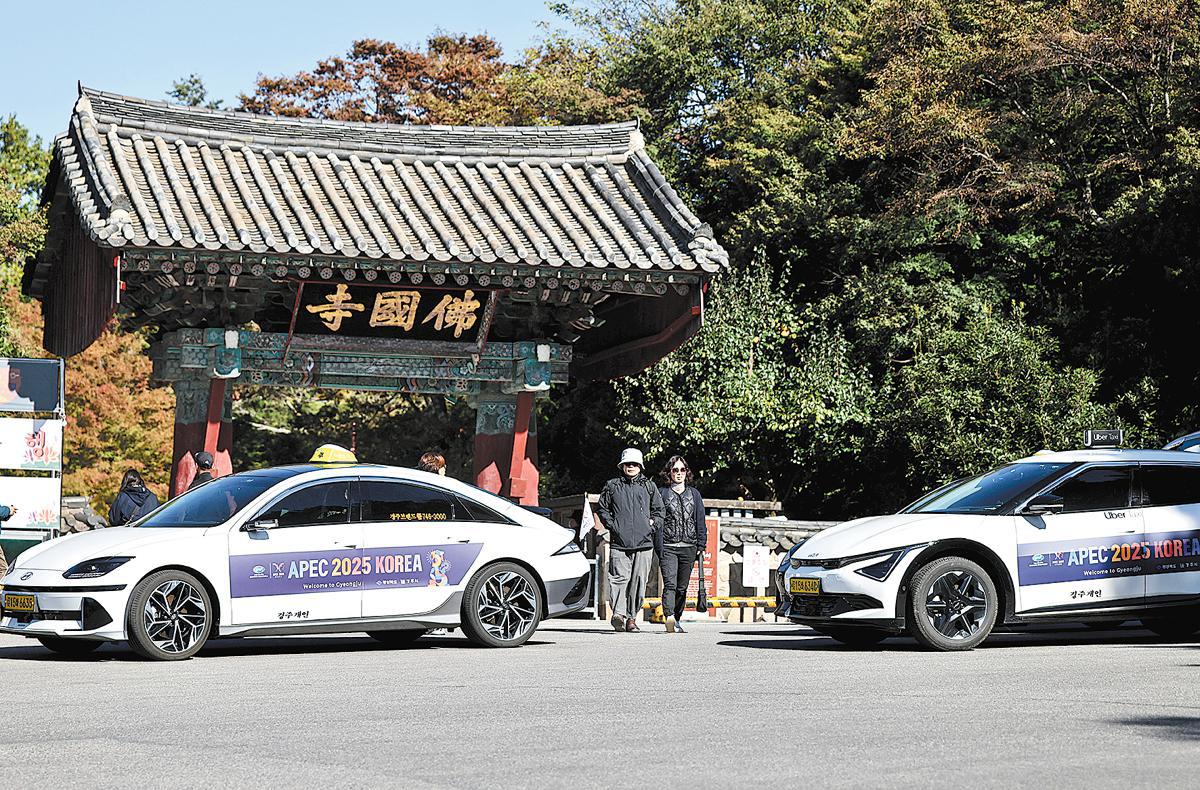
Beyond the noisy online world that often highlights division, the real story of the friendship between China and South Korea unfolds in the personal, persistent warmth of people-to-people connections.
This was how I felt after speaking to people in South Korea when covering events related to the Asia-Pacific Economic Cooperation meetings.
As the APEC chair for this year, South Korea is hosting an APEC Economic Leaders' Meeting in Gyeongju, North Gyeongsang province, from Friday to Saturday. It was the first time in 20 years that the country hosted the economic leaders of the 21 member economies, following a meeting in 2005.
Many South Koreans in the city, which was the ancient capital of the Silla Kingdom from the 1st century BC till the 10th century AD, told me that even as they followed the various APEC stories, they were also paying close attention to news regarding the state visit by Chinese President Xi Jinping.
It marks Xi's first visit to South Korea in 11 years.
Speaking to me while reading China Daily newspaper outside Gyeongju railway station, Park Jun-young, 52, said that there are some misunderstandings of China among young South Koreans. Park hopes that with the vast amount of media reports regarding China during the APEC meetings, people can learn more about the country. Kim Chang-soo, 40, from Incheon, told me that China is an important neighbor of South Korea, and he hopes that the discussions among APEC leaders can help contribute to regional peace and development.
Even without talking to people, I could tell how deeply the two countries' cultures are connected.
In the arrival hall of Incheon International Airport, a Mandarin-speaking staff member was specifically assigned to assist Chinese tourists at the "Korea Welcome Week" booth, part of a campaign by the South Korean government to welcome international visitors as it hosts the APEC meetings.
When walking around popular neighborhoods such as Myeongdong and Hongdae in Seoul, the capital of South Korea, I noticed Chinese restaurants serving dishes like spicy hot soup, beef noodle soup and hotpot. There are also bubble tea shops, which are popular in China as well.
Chinese TV dramas are also available on mainstream video platforms, and Chinese-made robot vacuum cleaners have become a hit in South Korean households.
Some South Koreans told me that they hope to visit China soon, as they can now benefit from a visa-free policy announced late last year.
According to a report by The Korea Times in June, China has already become the top overseas travel destination for South Koreans.
During the APEC meetings, I could tell that South Korean business leaders were keeping a close eye on China's economic development.
For example, in a speech at the Future Tech Forum, a sideline event held during the APEC Economic Leaders' Week, Chey Taewon, chairman of South Korean conglomerate SK Group, mentioned China's focus on artificial intelligence as outlined in the recently unveiled recommendations for formulating the 15th Five-Year Plan (2026-30) for national economic and social development.
Some Chinese business representatives also said that they see opportunities for cooperation with their South Korean partners in multiple sectors, including AI, advanced manufacturing and green technology.
Reporting from Gyeongju, the host city of the APEC meetings, I see not just a diplomatic event, but also a tapestry of people-to-people bonds and deeply intertwined economic interests between China and South Korea.
As South Korea prepares to pass the APEC baton to China — the 2026 APEC forum chair — the symbolism is profound. I hope to have more opportunities to share the true stories of bilateral friendship and how the two countries are contributing to the building of an Asia-Pacific community with a shared future.

Contact the writer at kelly@chinadailyapac.com
















